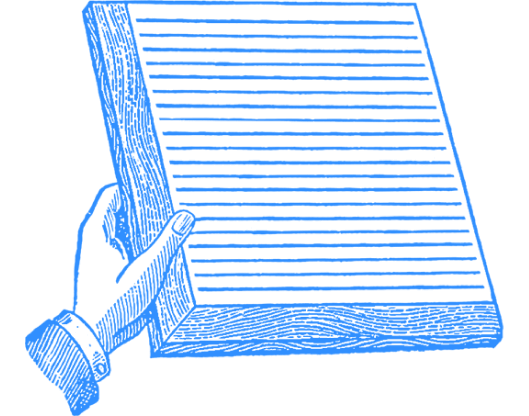
House Budget Committee Chairman Paul Ryan has laid out a vision for twenty-first century governance that will become the GOP program for 2011, 2012 and beyond.
It is unquestionably the boldest budget plan ever offered (including Reagan’s first budget), focused first and foremost on bringing federal spending commitments into line with the revenue generated from a pro-growth tax system. It reforms entitlement programs, starting with Medicare and Medicaid of course, but not ending there. Farm payments, welfare programs, and corporate subsidies all are reformed and refocused to reduce costs to taxpayers and work as they should. Outdated programs are thrown out. The bureaucracy is cut down to size. No corner of the budget is spared from scrutiny, including defense. The challenge of unlimited government, and runaway spending, deficits, and debt is immense — but the Ryan plan more than meets it.
A lot more can and will be said about the plan’s details in coming days, including by me. But for today, it’s important to focus on what this plan means in the big picture.
For starters, it completely recasts the struggle between the political parties. Everyone knows that what the president and his allies really want to do is raise taxes. They might agree to some tinkering around the margins on entitlements for show. But in their heart of hearts they believe the solution is higher rates of taxation.
The problem is they don’t have the guts to say so in public. They know that’s the surest way to permanent minority status. And so they are hoping for a more indirect route to their goal, using guile to lure gullible Republicans (see here) into agreeing to their approach without ever having to sell it to a tax-averse electorate.
The Ryan plan blows this kind of plotting by Democrats to smithereens. There’s no tax increase in the Ryan plan, and there’s no debt crisis. What’s required is far-reaching entitlement reform and serious spending discipline. By staking out that position, Ryan and his comrades have improved their leverage immensely. There’s no need to agree to tax hikes to solve the budget problem. What’s needed is for Democrats to get serious about spending reform, as Ryan has.
Moreover, with a Republican plan on the table, the media will surely start to ask Democrats, “Hey, where’s your plan?” This will force them to either come clean with their tax-hike vision, or become the party that pushed the country toward a debt-induced economic crisis. Either way, with more clarity about where the parties actually stand, Republicans can win the public fight.
At the heart of the spending problem, of course, is health care, and at the heart of the health-care cost problem is Medicare. The Obamacare “solution” is heavy-handed regulation and government-imposed cost controls. That approach never works, and only erodes the quality of the system. What’s needed is a functioning marketplace, with government oversight and cost-conscious consumers directing the allocation of resources. And that’s exactly what the Ryan plan would deliver.
The country faces serious and daunting challenges in the coming months and years. We need serious political leaders who are ready and capable of rising to the challenge. No one has demonstrated that capacity more than Paul Ryan.
